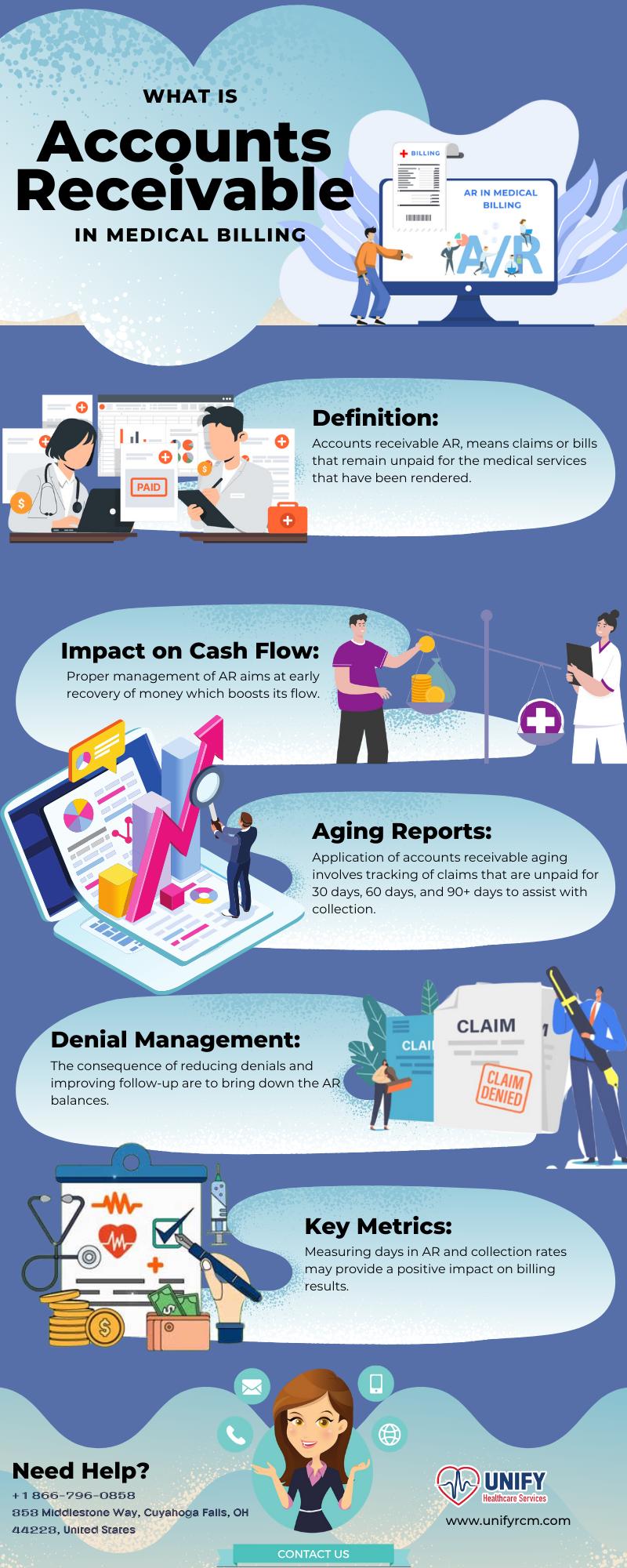When an insurance claim is denied, it can feel like the rug has been pulled out from under you, especially during times of distress and vulnerability. The process of navigating insurance claims is often fraught with complexity and confusion, leaving policyholders questioning their next steps. Should you accept the denial, appeal it, or take the more drastic step of suing your insurance company? This article aims to guide you through this critical decision-making process, providing a clear and comprehensive understanding of when legal action may be warranted. With an authoritative approach, we will delve into the nuances of insurance policies, the common reasons for claim denials, and the legal avenues available to challenge these decisions. By the end, you will be equipped with the knowledge to make an informed choice about whether pursuing a lawsuit is the right path for your specific situation.
Understanding the Reasons Behind Your Denied Insurance Claim
When faced with a denied insurance claim, understanding the underlying reasons is crucial before taking any legal action. Insurance companies may reject claims for several legitimate reasons, and it’s important to assess whether your situation falls under any of these categories. Common reasons include:
- Policy Exclusions: Every insurance policy contains exclusions that outline what is not covered. If your claim falls under these exclusions, it will likely be denied.
- Insufficient Documentation: Lack of adequate documentation or evidence supporting your claim can lead to denial. It’s essential to provide all necessary documents, such as receipts, medical records, or photographs.
- Missed Deadlines: Most policies have strict timelines for filing claims. Missing these deadlines can result in automatic denial.
- Non-Payment of Premiums: If your premiums were not up to date at the time of the claim, the insurer has the right to deny your claim.
Understanding these potential reasons allows you to identify whether the denial was justified or if there might be grounds for contesting the decision. Before proceeding with a lawsuit, ensure you have a comprehensive understanding of your policy and the insurer’s rationale for denying your claim.

Evaluating the Legal Grounds for Suing Your Insurance Company
When an insurance company denies a claim, it can be frustrating and financially burdensome. However, before taking legal action, it’s crucial to determine if you have a legitimate basis for a lawsuit. Insurance companies are bound by the terms of the policy and must act in good faith when handling claims. If your insurer has acted in bad faith or violated the terms of the policy, you may have a valid reason to sue. Common grounds for legal action include:
- Unreasonable Delays: If your insurance company takes an excessive amount of time to process or pay out your claim without a valid reason.
- Denial Without Justification: When your claim is denied without a clear explanation or against the evidence provided.
- Failure to Conduct a Proper Investigation: If the insurer does not thoroughly investigate your claim, potentially leading to an unjust denial.
- Misrepresentation or Policy Language Ambiguity: If there are misleading statements or unclear terms in the policy that led to the denial of your claim.
It’s essential to gather substantial evidence and possibly consult with a legal professional to assess your case’s strength. Remember, suing an insurance company can be a lengthy and costly process, so it is vital to ensure that the potential benefits outweigh the risks involved.

Steps to Take Before Initiating a Lawsuit Against Your Insurer
Before jumping into legal action against your insurer, it’s crucial to follow a few strategic steps. Start by meticulously reviewing your policy documents to ensure you fully understand the coverage, exclusions, and terms. Often, policyholders might overlook specific clauses that could clarify the insurer’s decision. Document everything related to your claim, including all communications with your insurer, any evidence supporting your claim, and the insurer’s written denial. This documentation is vital in building a strong case should you decide to proceed legally.
Consider reaching out to your insurance company’s claims department for a formal review or appeal of the denied claim. Many insurers have internal processes to re-evaluate claims, which could result in a resolution without the need for a lawsuit. Additionally, consult with an experienced insurance attorney who can provide a professional opinion on the viability of your case and offer guidance on the best course of action. Taking these preliminary steps not only strengthens your position but also demonstrates a good-faith effort to resolve the dispute outside of court.

Expert Recommendations on Navigating Insurance Disputes
When facing the daunting task of contesting a denied insurance claim, it’s crucial to understand the strategic approach recommended by industry experts. They suggest a step-by-step method to effectively address and resolve disputes with your insurer. Here’s what the experts advise:
- Review Your Policy Thoroughly: Begin by meticulously examining your insurance policy. Identify the specific clauses related to your claim and understand the reasons cited for denial.
- Gather Evidence: Compile all relevant documentation, such as medical records, repair estimates, or photographs, to substantiate your claim. Clear evidence can often strengthen your position.
- Communicate Clearly: Draft a well-structured appeal letter addressing the denial reasons and presenting your evidence. Maintain a professional tone and focus on factual discrepancies.
- Seek Mediation: If your appeal is unsuccessful, consider mediation or arbitration as alternative dispute resolution methods before opting for litigation.
- Consult an Attorney: For complex cases, consulting with a lawyer specializing in insurance disputes can provide insight into the viability of a lawsuit and help navigate the legal intricacies involved.
Adhering to these expert recommendations can often lead to a favorable resolution without the need for legal action, saving both time and resources.

